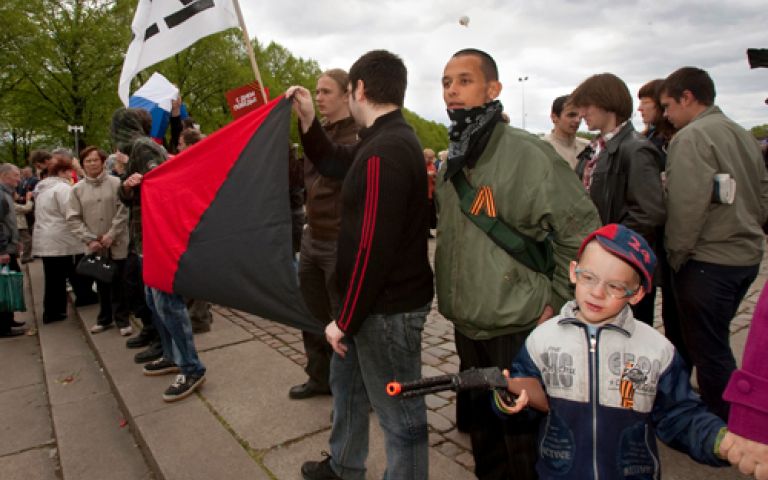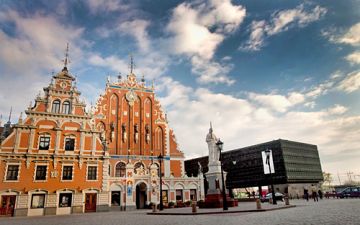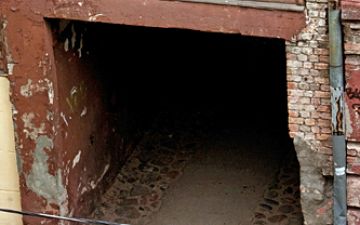For more than a decade the ex-Soviet republic of Latvia was a poster child of seamless transition to a prosperous post-Communist world. It entered the European Union in 2004 and for several years thereafter posted one of Europe's highest growth rates, fueled by access to cheap credit and domestic consumption. Then the bottom fell out, with the global recession hitting Latvia worse than almost any other developed country. The government responded with deep cuts in public spending, which in turned spawned the first street protests since the end of Soviet rule.
The center-right government has collapsed but the replacement coalition, pursuing the same fiscal austerity, continues to face mass protests. Reporter Kristina Rizga and photographer Akim Aginsky profile ordinary people whose lives have been deeply affected by the economic and political changes in Eastern Europe since the collapse of Communism.
Documenting their stories against a backdrop of the larger economic and political shifts, they paint the economic crisis in human terms that could help shed light on the difficult choices and compromises that Eastern Europeans have been forced to make.


